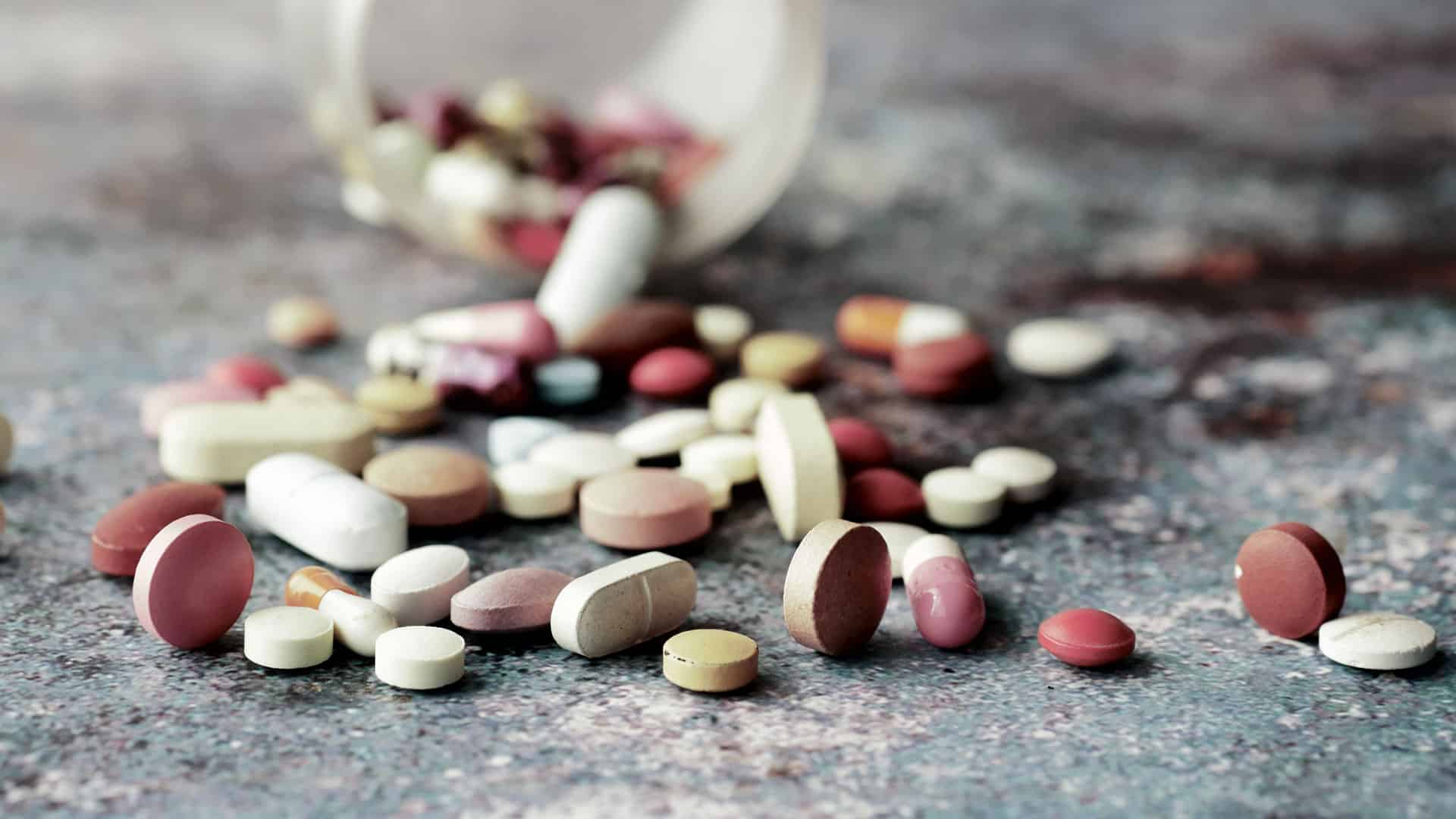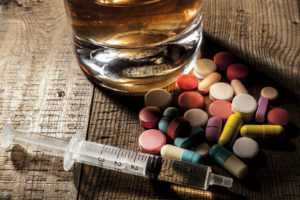South Africa, like many countries, faces a continual battle against substance abuse. Understanding the different types of drugs that plague communities is a step towards fostering education and awareness. This article delves into the various drugs commonly abused in South Africa, their effects, and the broader impact on society.
Alcohol
Although legal, alcohol is a significant substance of abuse in South Africa. Its widespread availability and social acceptance contribute to its abuse. Chronic alcohol abuse can lead addiction as well as a myriad of health issues including liver disease, heart problems, and an increased risk of accidents.
Tobacco
Tobacco, another legal substance, is a common addiction in the nation. The health consequences of tobacco use are well-documented, including an increased risk for heart disease, stroke, and lung cancer.
Cannabis (Dagga)
Cannabis, locally known as Dagga, is the most commonly used illicit drug in South Africa. Despite its recent decriminalization for personal use, cannabis can still be abused, leading to potential mental health issues like anxiety, depression, and in severe cases, psychosis.
Methamphetamine (Tik)
Methamphetamine, colloquially known as Tik, is a highly addictive stimulant. It is particularly concerning in the Western Cape region. Tik abuse can lead to severe physical and mental health issues including heart disease, dental problems, and psychotic disorders.
Mandrax
Mandrax, a type of methaqualone, was initially introduced as a sleeping tablet, but has since become a drug of abuse. It’s often consumed with cannabis, and can lead to serious health issues including respiratory distress, liver failure, and even death.
Heroin
Heroin abuse is a growing concern in South Africa, with the drug being accessible and affordable. Heroin addiction is particularly dangerous due to the high risk of overdose, infectious disease transmission through shared needles, and severe withdrawal symptoms.
Cocaine
Cocaine, though less common than other substances, still presents a significant issue. It’s a powerful stimulant that can lead to severe cardiac issues, respiratory distress, and mental health problems.
New Psychoactive Substances (NPS)
The emergence of New Psychoactive Substances (NPS), or designer drugs, presents a new challenge. These substances mimic the effects of traditional illicit drugs but their composition can vary greatly, making them particularly dangerous.
Education and Prevention
Awareness is the first step towards addressing the drug problem in South Africa. By understanding the common substances of abuse and their effects, communities, and individuals are better equipped to combat addiction. Comprehensive education on drug abuse, its consequences, and the support systems available for those struggling with addiction is crucial for fostering a healthier society.
Conclusion
The battle against drug abuse in South Africa is multifaceted and requires a well-rounded approach. Education and awareness are key in mitigating the devastating effects of drug addiction on individuals and communities. Through a concerted effort by communities, healthcare professionals, and authorities, there is hope for overcoming the shadows cast by substance abuse in South Africa.
Rehab Guide is a comprehensive resource to provide individuals with help and support for drug addiction. Substance abuse recovery requires professional rehabilitation from qualified medical personal.
Note: This blog aims to provide an informative overview of common drugs of abuse in South Africa. However, it’s essential to consult with healthcare professionals for personalized advice and support concerning substance abuse and addiction.






